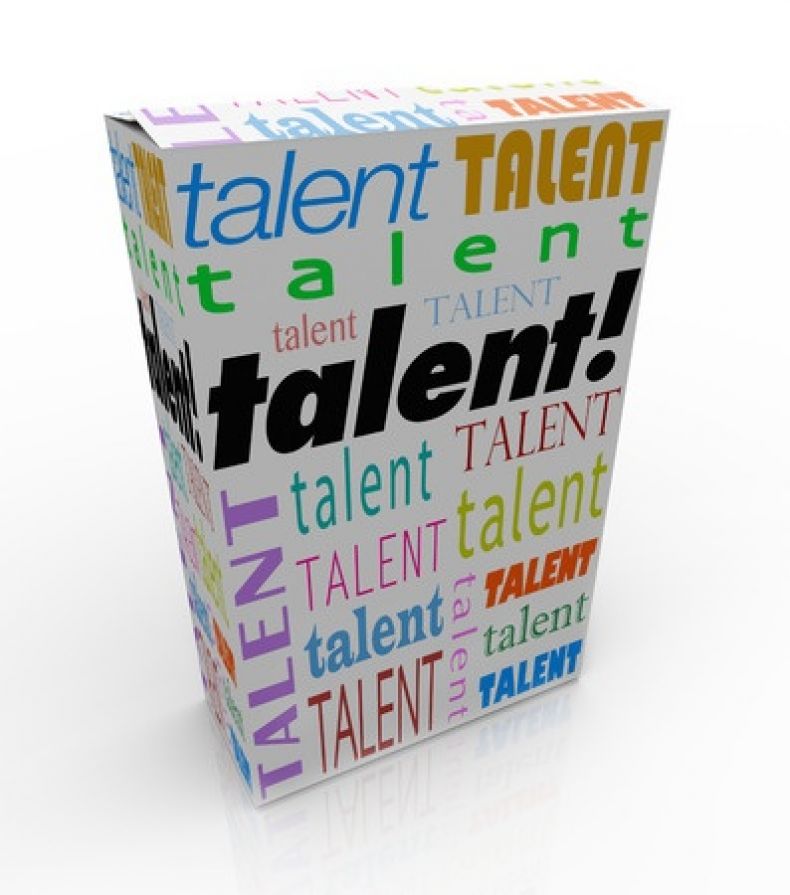People development: whose job is it?

by Quentin Millington
"In a big organisation like ours," explained Charles, managing director at the sharp end of a global firm, "all that people stuff is done by HR."
True, Charles and his peers have little time to concern themselves with performance standards, leadership development and skills training—clients are knocking at the door. The result is that the 'people stuff' is hardly being done at all, because, paradoxically, the HR department cannot drive the firm-wide development of people.
Charles might ask his travel agent to research hotels, negotiate a seat on a flight or advise on vaccines for his daughter, but he would hardly expect the consultant to take a holiday on his behalf. Similarly, HR executives can identify the best solutions and trainers, ensure that budgets are spent wisely and offer guidance on standards and metrics. Nevertheless, only Charles can board the plane, and only Charles can be accountable for his own learning.
The beguiling mantra that HR should drive people development harms individual and organisational performance. People in 'the business' ascribe a low priority to learning and change, and so future success is sacrificed on the altar of instant gain. This is hard to change as established goal-setting, appraisal and remuneration practices legitimise these ways of working.
The symptoms are likely familiar. People understandably complain that learning takes them away from the 'real job' of meeting clients, selling products or running operations. Individuals engage in sporadic development through training programmes and annual appraisals, but fail to take stock of everyday experience, a rich source of feedback and a springboard for high performance. Denied the political authority to be effective, HR professionals are accused of being out of touch with, or irrelevant to, the business. Ironically, the perception that HR should own development renders its executives impotent to deliver the value some may be uniquely positioned to offer.
Senior management may have confidence in the firm's patents, franchise or balance-sheet. However, these fruits of labours past have a limited shelf-life unless high performance is sustained. In today's fiercely competitive environment, all employees must hold themselves personally accountable for continuous learning and performance development. Each person is advised to reflect proactively on his own work, understand his own development needs and direct his own learning. HR professionals must develop the business and personal credibility to encourage people across the organisation in their own proactive and individual efforts to learn more. This is not the same as 'driving' people development.
Cultural shift is required to support such new behaviours. Top leaders have to demonstrate and endorse continuous learning, the force behind tomorrow's high performance, alongside day-to-day responsibilities. Line managers must support team members in splitting their time between existing commitments and learning activities. Employees, regardless of role or seniority, require a voice in improving work processes; experimentation should be applauded. Finally, organisations have to be sympathetic if some ideas fail or performance dips now and again: this is inevitable in a culture of learning and innovation.
'Demonstrate commitment to improve' is required in everyone's annual objectives. Only when individuals take charge of their own development will HR be in a position to do its job: help employees across the firm to fulfil their own pledges to excellence.
Author: Quentin Millington